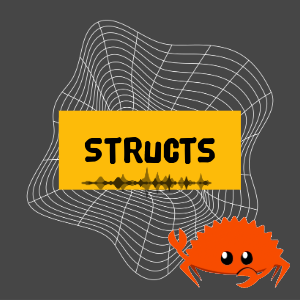Tag: RUST Tutorials
-
Handling Errors in RUST using Result
The Result enum in Rust is used to handle operations that may produce an…
READ MORE: Handling Errors in RUST using ResultBY
-
How to use Options in RUST
Unlike in other languages where there is a null or None type to represent…
READ MORE: How to use Options in RUSTBY
-
ENUMS in RUST Programming
Enum is a symbolic name for a set of values. Enums are treated as…
READ MORE: ENUMS in RUST ProgrammingBY
-
Structs in RUST
Table of Contents Structs Structs in Rust are similar to structs in other programming…
READ MORE: Structs in RUSTBY
-
Installing RUST in Ubuntu 22.04 LTS
How to install RUST in UBUNTU 22.04 LTS.
READ MORE: Installing RUST in Ubuntu 22.04 LTSBY
-
RUST Data Type Conversion
Master Type Conversion in Rust – explicit with ‘as’ and ‘try_into()’, implicit via compiler.…
READ MORE: RUST Data Type ConversionBY





